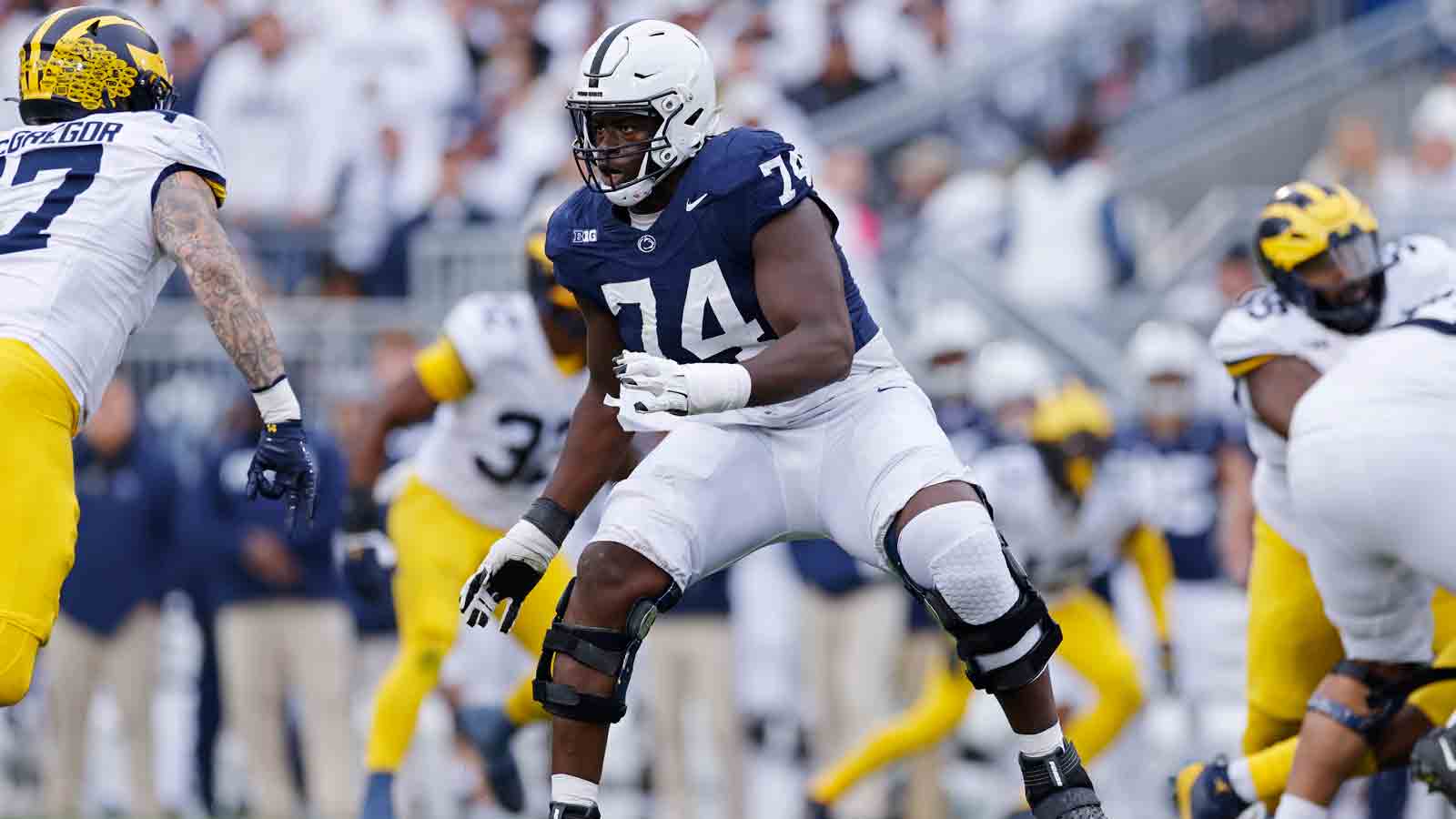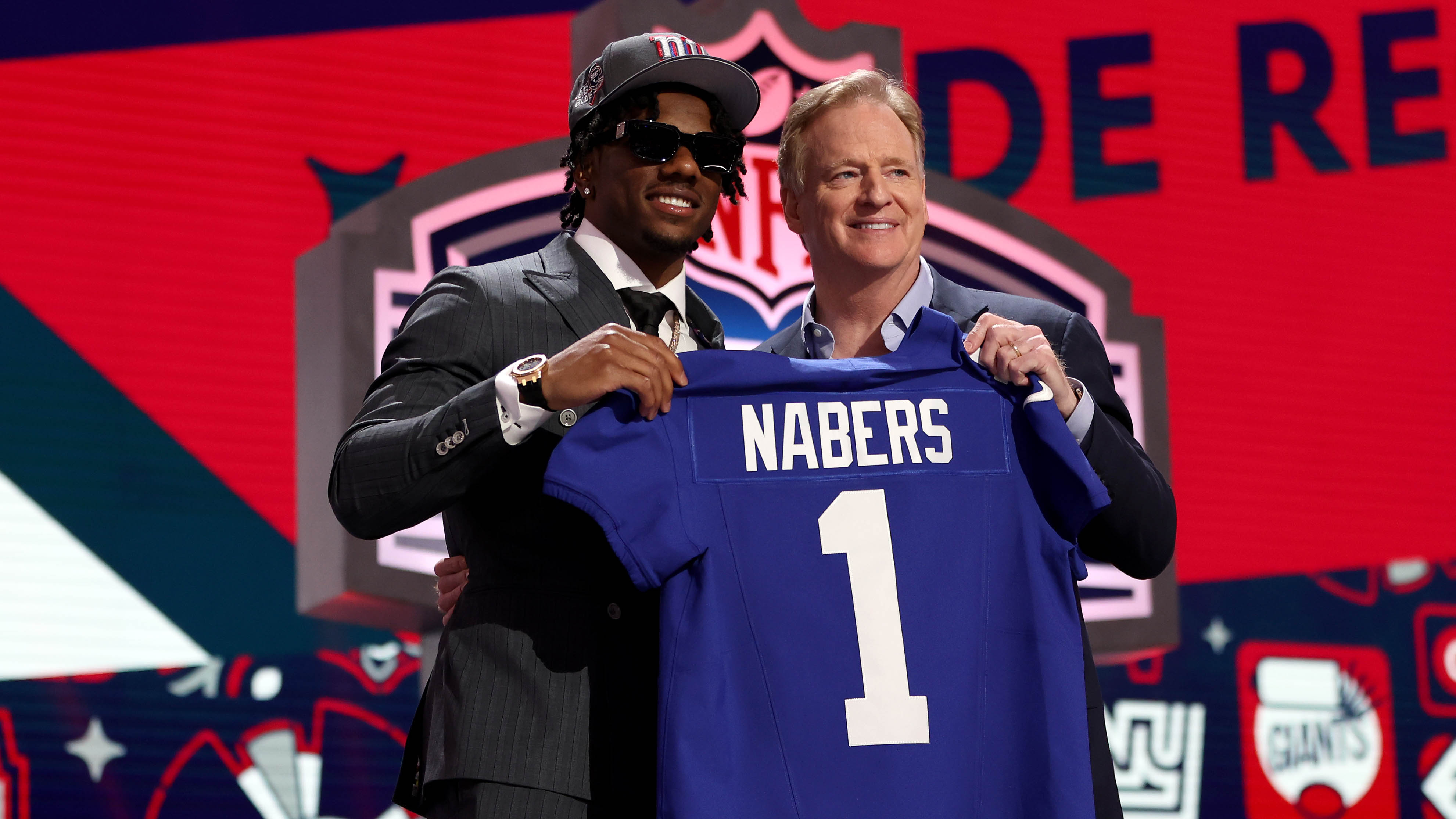Cabbies and limo and Uber drivers would be barred from working more than 12 hours a day under a proposal to reduce accidents caused by sleepy operators.
The proposal would beef up an existing rule that says driver cannot work more than 12 consecutive hours. However, under the existing rule, a drive could take a one-hour break and start a new 12-hour shift.
A driver must wait at least eight hours before starting a new shift, under the proposed rule, and cannot work more than 12 hours during a 24-hour period.
The proposal also would restrict drivers to a 72-hour work week.
"To minimize the risk of a crash, drivers must be alert, which requires rest," said Taxi and Limousine Commissioner Meera Joshi, who announced the proposal with Mayor Bill de Blasio.
The vast majority of TLC-licensed drivers already comply with the restrictions being proposed, Joshi added.
The clock would start ticking as soon as the first passenger gets in. Joshi said the TLC will be watching.
Local
"We can do regular runs to determine when drivers are exceeding the 12 or 72 hours, so this will be automated enforcement," she said. "It will be regular and consistent."
De Blasio said the proposed rules strengthen his administration's Vision Zero plan to eliminate pedestrian traffic deaths.
Passengers applauded the plan.
"I wouldn't want to be driving with someone who's been driving for more than 12 hours a day," said Sally Gooding of Chelsea. "You get tired."
The proposed rules, which will be subjected to a June 23 public hearing, reflect the findings of research into the effects of fatigue on driver reaction time.
Research has shown that being awake for 18 hours results in impairment equal to blood alcohol concentrations (BAC) of 0.05, which is considered driving while under the influence of alcohol in New York State. Being awake for 24 hours results in a BAC of 0.10, a level exceeding the 0.08 threshold for driving while intoxicated.
The TLC says it can monitor all licensed companies under its umbrella to make sure a driver isn't going over the limit.
"We can determine how long that driver is driving at all, whether they're driving for Uber in the morning, Lyft at night and a yellow taxi even later -- we're going to know that, too," said Joshi.
Marc Santia contributed to this report



